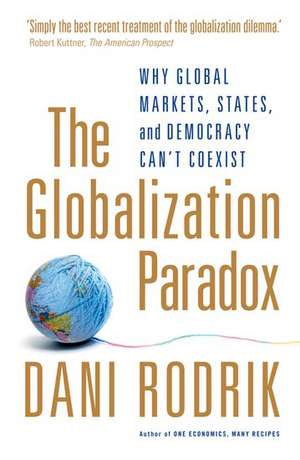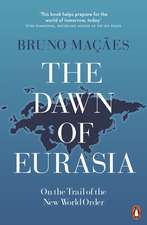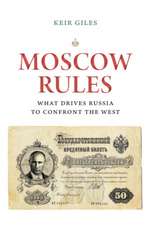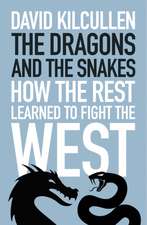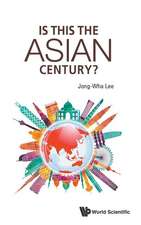The Globalization Paradox: Why Global Markets, States, and Democracy Can't Coexist
Autor Dani Rodriken Limba Engleză Paperback – 17 mai 2012
For a century, economists have driven forward the cause of globalization in financial institutions, labour markets, and trade. Yet there have been consistent warning signs that a global economy and free trade might not always be advantageous. Where are the pressure points? What could be done about them? Dani Rodrik examines the back-story from its seventeenth-century origins through the milestones of the gold standard, the Bretton Woods Agreement, and the Washington Consensus, to the present day. Although economic globalization has enabled unprecedented levels of prosperity in advanced countries and has been a boon to hundreds of millions of poor workers in China and elsewhere in Asia, it is a concept that rests on shaky pillars, he contends. Its long-term sustainability is not a given. The heart of Rodrik's argument is a fundamental 'trilemma': that we cannot simultaneously pursue democracy, national self-determination, and economic globalization. Give too much power to governments, and you have protectionism. Give markets too much freedom, and you have an unstable world economy with little social and political support from those it is supposed to help. Rodrik argues for smart globalization, not maximum globalization.
Preț: 74.33 lei
Preț vechi: 85.48 lei
-13% Nou
14.22€ • 14.76$ • 11.89£
Carte disponibilă
Livrare economică 14-20 februarie
Livrare express 08-14 februarie pentru 43.55 lei
Specificații
ISBN-10: 019965252X
Pagini: 370
Dimensiuni: 152 x 233 x 19 mm
Greutate: 0.54 kg
Editura: Oxford University Press
Colecția OUP Oxford
Locul publicării:Oxford, United Kingdom
Recenzii
In this powerfully argued book, Dani Rodrik makes the case for country-specific paths to economic development and saner, more sustainable forms of growth. A provocative look at the excesses of hyper-globalization, The Globalization Paradox should be required reading for those who seek to prevent the financial crises and unfair trade practices that feed the backlash against open markets
Dani Rodrik may be globalization's most prominent - and most thoughtful - gadfly. In The Globalization Paradox, he wonders aloud whether extreme globalization undermines democracy - and vice-versa. Read it and you'll wonder, too
His excellent new book is a sequel to an earlier book about the often disruptive impact of international trade on national labor markets and social policies. The new book develops and extends this theme to include financial globalization... Rodrik concludes by considering how the world economy might be reformed
His message is nuanced and rigorous, drawing on history, logic and the latest economic data, he manages to convey it in simple, powerful prose tht any reader can follow
Simply the best recent treatment of the globalization dilemma. . . he gives us nothing less than a general theory of globalization, development, democracy, and the state. The book provides the pleasure of following a thoughtful, critical mind working through a complex puzzle. Rodrik writes in highly friendly and nontechnical prose, blending a wide-ranging knowledge of economic history and politics and a gentle, occasionally incredulous, skepticism about the narrow and distorting lens of his fellow economists
